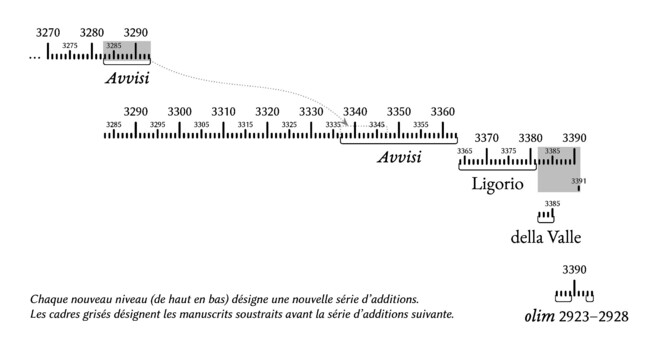Niklas Korz · @niklaskorz
370 followers · 513 posts · Server rheinneckar.social🐧DaveNull🐧 ☣️pResident Evil☣ · @devnull
1241 followers · 78360 posts · Server mamot.frSometimes you just close #TexMaker and use vim to modify .tex files… because annoying tables in .*TeX are just much easier to handle in vim.
There's a script for that¹. ANd vim's column selection/deletion/insertion is useful as hell to add or remove columns easily in your x*TeX tables.
#texmaker #latex #tex #xelatex #whatevertex
Pierre Chambert-Protat · @chaprot
244 followers · 542 posts · Server pouet.chapril.orgMatt Duckham · @mduckham
46 followers · 27 posts · Server mastodon.auM. Grégoire · @mpjgregoire
235 followers · 14262 posts · Server mamot.frM. Grégoire · @mpjgregoire
235 followers · 14262 posts · Server mamot.fr@Canageek Oh, I think the answer is reasonable. I create UTF-8 encoded documents all the time, and I just input "é" rather than "\'e"; on my main keyboard, I can just hit the key for the former. It all works fine with #XeLaTeX and #BibLaTeX, at least for documents containing French, English, Greek and Chinese.
Maybe there are snags for Arabic, which is a bit trickier at least in how adjacent characters are written. In general however, UTF-8 is superior to ASCII.
#ascii #utf8 #biblatex #xelatex
Obrow :unverified: :bloblurk: · @obrow
235 followers · 6875 posts · Server framapiaf.orgBon ma nouvelle conf #emacs avance bien.
Tout se trouve bien rangé dans un fichier #org
Au premier lancement, tous les paquets sont téléchargés, compilés et configurés automatiquement ce qui rend la configuration portable.
Reste à mettre en place #xelatex en plus de #pdflatex, faire tous les snippets utiles et documenter (en français pour une fois !) le fichier org pour que tout le monde puisse en profiter et l'adapter à ces besoins.
Bon encore quelques jours quoi !
#emacs #org #xelatex #pdflatex
yomli · @yomli
69 followers · 645 posts · Server mastodon.xyz% Write greek with #XeLaTeX : a macro
\newcommand\textgreek[1]{%
{\fontspec{Liberation Serif}#1}
}
% Usage \textgreek{τετραφάρμακος}


